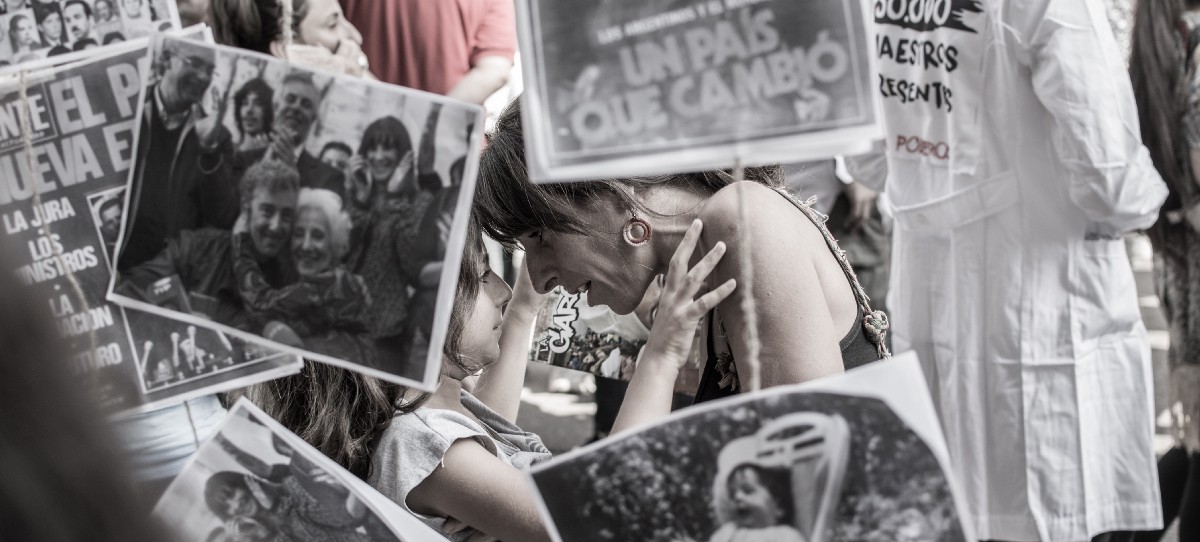
Corruption and Christianity in Latin America
Latin America is a region where the levels of inequality and exclusion are shocking. The United Nations Economic Commission for Latin America and the Caribbean (CEPAL) reports that despite recent developments, Latin America continues to be the region with the highest rate of inequality on the planet.
It is increasingly difficult to ignore the fact that we live in a violent and unjust world. We are not called to be a community that hides away or that is taken out of the world, but a community that speaks up for the oppressed, and brings light to dark places.
Present darkness
In 2017 alone, there are too many examples of political corruption, which is rife across our region.
In April 2017, Javier Duarte, former governor of the Mexican state of Veracruz, was arrested in Guatemala after requesting a leave of absence a few months earlier. He owed millions and fled his country causing widespread outrage because it was discovered that he misappropriated funds and allowed false chemotherapy for children in public hospitals.
Thousands of people remain missing across the region. El Pais reports that more than 90,000 people have disappeared in Latin America in recent years, with governments complicit through their abdication of responsibility and lack of action.
Bribes offered by Brazilian construction company Odebrecht, to government employees of several countries, have become notorious in Latin America. Former presidents of Brazil and Argentina are accused of money laundering. Tens of millions of dollars are misappropriated every day in Peru through corrupt practices. And in October, a judge ruled that former president of Guatemala, Otto Pérez Molina, will stand trial for his alleged role in a huge corruption scheme involving the country’s customs service.
The story is retold in different ways, again and again, even with leaders who are supported by evangelicals.
We feel the darkness of stories like these. It can be easy to become indifferent; to come up with all kinds of excuses for not getting involved. But it is important for us as Christians to bring light.
Actions that bear witness to light
We are called to follow in the compassionate steps of Jesus. We must get involved as agents of change who publicly proclaim peace and justice. This is a political act because it involves our life as a whole, and our relationship with those in power. It does not make us better citizens or the only ones whose opinion is valid; rather, we want to proclaim a truth that sets people free (John 8:32).
Corruption is dangerous because of its political consequences. Political corruption is exacerbated by the concentration of power, the use of financial resources to increase inequality, and a perceived impunity. Corruption involves powerful people manipulating institutions for their own gain; it generates violent oppression and injustice, with leaders who have eyes and ears, but do not see or hear the suffering of their people.
But we have been called to carry out public activism: to defend orphans, widows, foreigners and other groups of vulnerable people. Political engagement is an expression of our belief in a God who gives dignity to the oppressed, feeds those who are hungry, and hates corrupt authorities (see Psalm 82).
We are called to love our neighbour, and we must respond. Apathy is no longer acceptable when faced with the political need to work for peace in our cities (Jeremiah 29:7).
We want to be present in the places where decisions are made, where there is dialogue and supportive coexistence. It is important to be informed, to get involved in common affairs, and defend shared spaces where discussion takes place, such as schools.
Our prayers and our lives can and must speak into public affairs (see 1 Timothy 2:1–7). Our task as Christians in Latin America is to follow in the footsteps of Jesus, and offer comfort in the midst of suffering, proclaim truth in the face of lies, and bring hope to those who are grieving. Please pray for us.
Andrés E Sierra Martínez, graduate of COMPA Mexico
